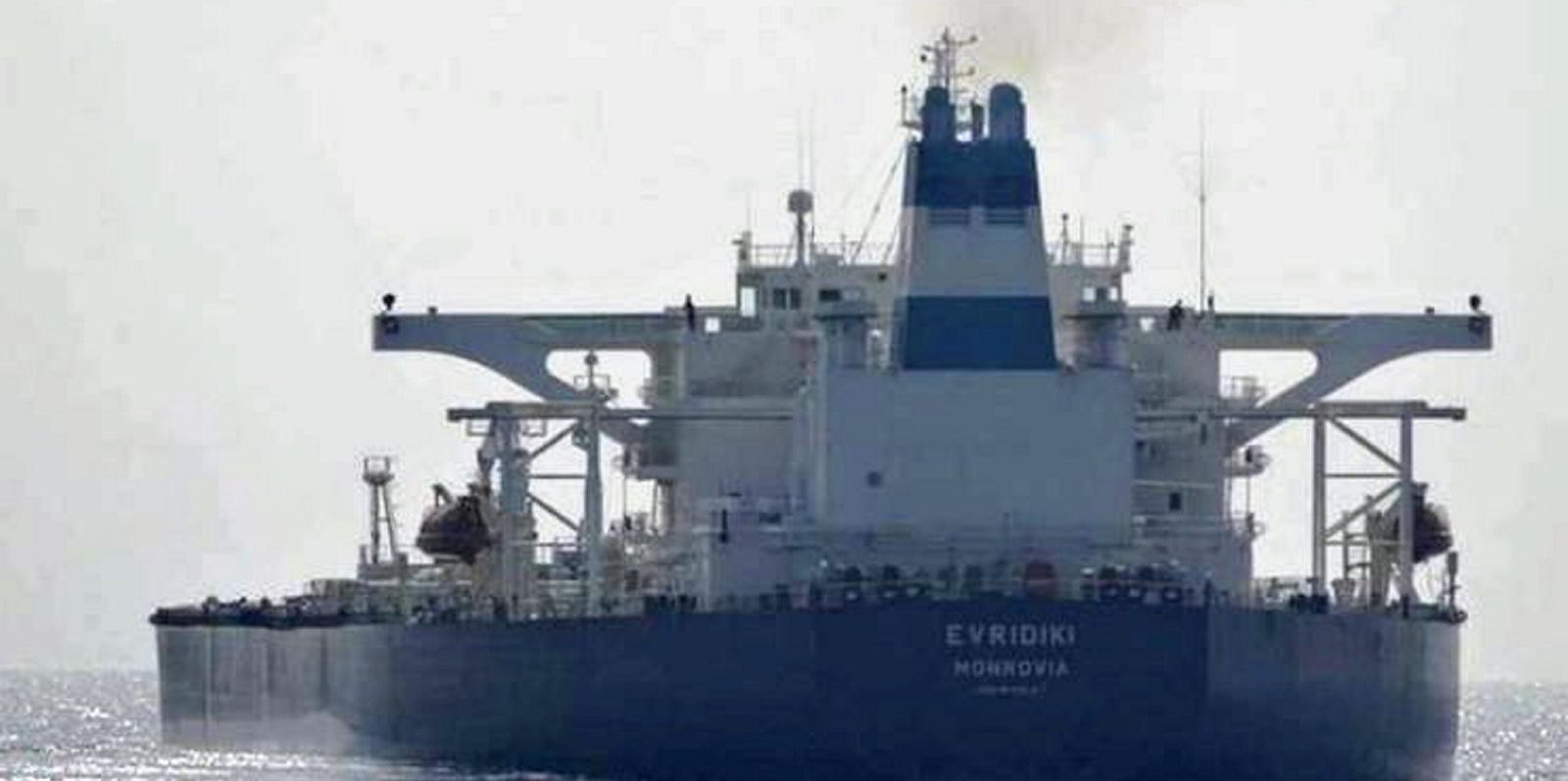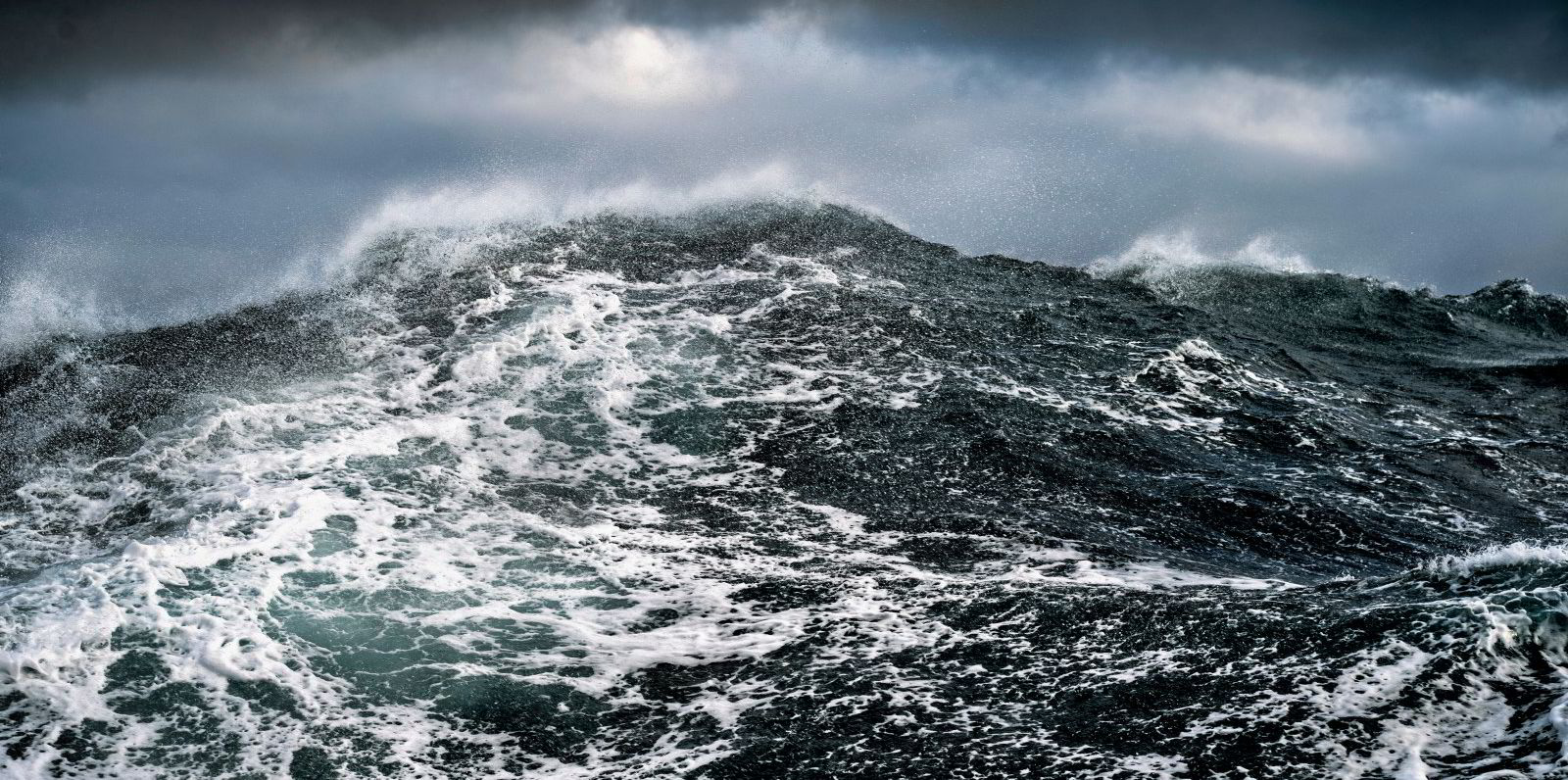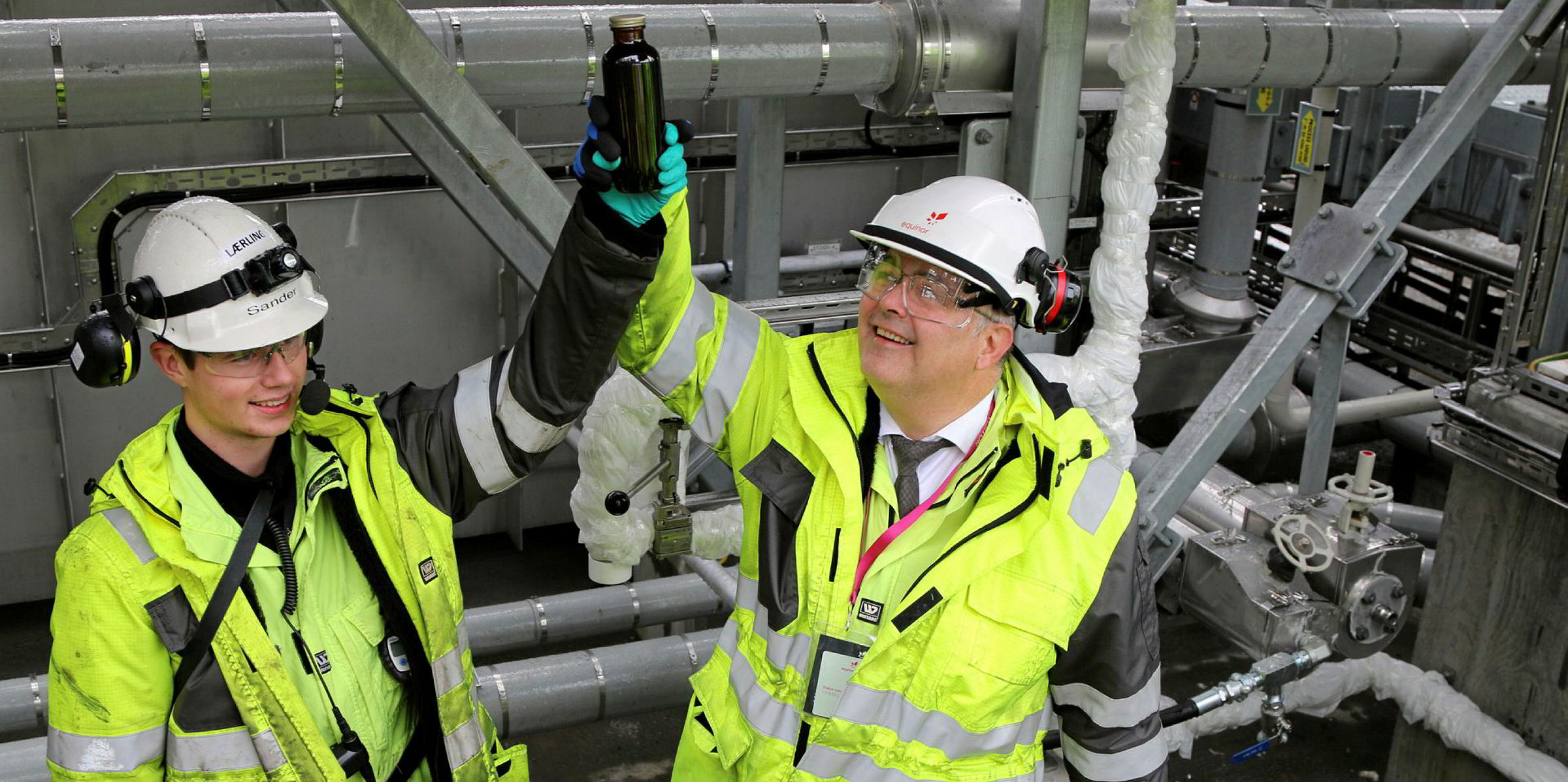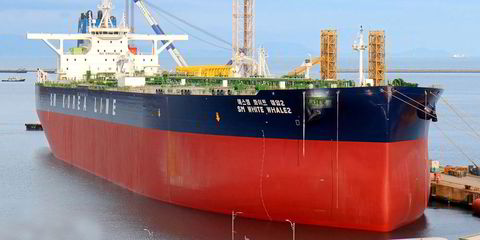Liquimar Tankers Management Services has been fined in the US over an attempt to conceal pollution from a tanker in 2019.
And new evidence was presented in court showing how senior shore-side staff provided fake certificates regarding safety and environmental compliance.
The Greek company had already been convicted in 2019 by a federal jury in Wilmington, Delaware, along with shipowning affiliate Evridiki Navigation and chief engineer Nikolaos Vastardis.
Charges comprised a violation of the Act to Prevent Pollution from Ships, falsifying ships’ documents, obstructing a US Coast Guard (USCG) inspection and making false statements to USCG inspectors.
The Department of Justice (DoJ) said US District Court Judge Richard G Andrews, for the District of Delaware, sentenced the corporations to a total of a $3m criminal fine, and a five-year period of probation.
Evridiki will pay $2m and Liquimar $1m.
In March 2019, the 167,000-dwt suezmax Evridiki (built 2007) was inspected by the Coast Guard in Big Stone Anchorage in Delaware Bay after a delivery of crude oil.
The jury found that during the inspection, Liquimar, Evridiki and Vastardis tried to deceive USCG inspectors regarding the use of the ship’s oily water separator (OWS) and oil content meter (OCM), a required pollution prevention device.
At sentencing on Thursday, the government provided new evidence, based on a forensic examination of the ship’s computers, that Liquimar was also making and using fake and forged certificates regarding safety and environmental requirements.
Certificates emailed
Fake certificates and fake seals, to imprint on the certificates, were emailed to the ship by unnamed senior shore-side employees, including the designated person ashore.
At least three senior employees of Liquimar were involved in creating and sending the fake certificates, the DoJ said.
The certificates related to the calibration of the OCM and whether pressure relief valves for the cargo were tested properly.
A fake OCM certificate was used during the inspection and Vastardis was specifically asked about the validity of the certificate.
Not possible
The DoJ said the certificate for the pressure relief valves was noted to be false because it had claimed that the system was tested on a date that the cargo tanks were full, which is impossible.
Referring to the forged documents as the “elephant in the room” that the defendants asked the judge to ignore, federal prosecutors told the court that the companies' “failure to address, let alone mention this wilful misconduct, demonstrates that these defendants are willfully blind if not completely unrepentant.”
“Vastardis used a hidden valve to trap fresh water inside the sample line so that the OCM sensor registered zero parts per million concentration of oil instead of what was being discharged overboard,” the DoJ said.
OCM tricked
The USCG and government experts were able to prove that the OCM was being tricked with fresh water by analysing historic data recovered from the machine’s memory chip.
When the OWS was opened, they found it was “inoperable and fouled with copious amounts of oil and soot.”
Vastardis’ conviction was upheld in December 2021 by the Third Circuit Court of Appeals, which rejected a challenge to US jurisdiction over foreign vessels.
“Ocean outlaws and polluters such as these will continue to be vigorously prosecuted to the full extent of the law,” said Assistant Attorney General Todd Kim for the Justice Department’s Environment and Natural Resources Division.
Liquimar has been contacted for comment.
In July, the company’s lawyers had sought to persuade the judge to throw out the case on the grounds that it concerned acts that took place outside the jurisdiction of the US.






